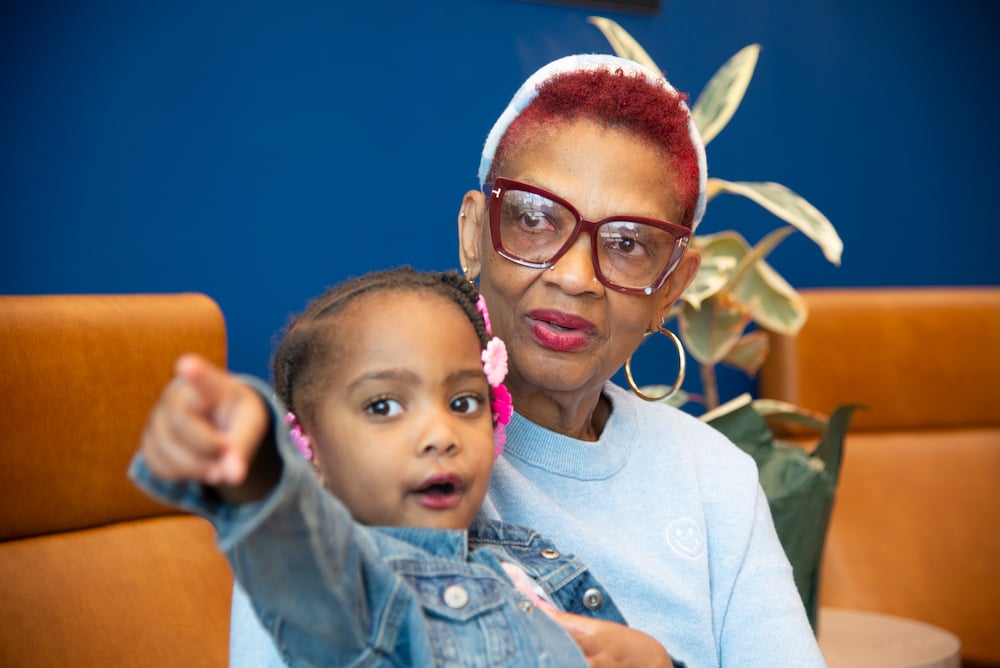Can’t Sleep? A Therapy Now Offered at AHN May Help
Cognitive behavioral therapy can help to target behaviors and thoughts that can contribute to insomnia, and studies show it’s an effective way to help people sleep better.
Sue Goble tells people the new Cognitive Behavioral Therapy for Insomnia program at Allegheny Health Network is “the closest form to magic” that she does.
“I’ve seen a lot of patients really improve their sleep in a short amount of time by implementing the techniques,” says Goble, a behavioral health consultant supervisor at AHN. “I’ve been a therapist for many years and I do think this treatment is one where I go, ‘This is really surprising to me how effective it is and how quickly it works.’”
The program, which launched this year, uses a kind of psychotherapy rather than medication. It targets various areas that play a part in a person’s sleep: a person’s sleep drive — their body’s need for sleep; the body’s circadian clock that’s aware of the time of day; and conditioned arousal, when people are lying in bed but their brain is alert.
“We know there are certain parts of our brain that regulate sleep, and we do find that there are behavioral interventions that can be really helpful if we’re having trouble regulating our sleep to kind of help reset different aspects of our brain,” Goble says.
For example, perhaps you watch TV in bed before you go to sleep or scroll Instagram on your phone.
“Your brain starts to think, ‘The bed is where I watch tv,’ or, ‘The bed is where I scroll on my phone,’ but we want the brain to associate bed with sleep,” she says.
Or, perhaps your brain starts worrying about your ability to fall asleep and you start doing mental math thinking about how many hours of sleep you can get before you have to wake up.
“As soon as I put effort into my sleeping, it’s not sleeping,” Goble says.
Patients who enroll in the program participate in four to six sessions with AHN psychologists or behavioral health consultants who are specially trained in Cognitive Behavioral Therapy for Insomnia.
Goble says AHN behavioral health consultants underwent a comprehensive six-month training program so they could help patients target behaviors and thoughts that are contributing to insomnia symptoms. Chronic insomnia is categorized as having a problem sleeping three or more nights a week for more than three months, whether that’s trouble falling asleep, trouble staying asleep or waking up too early.
According to the National Institutes of Health, approximately 50 to 70 million Americans have sleep disorders, and one in three adults do not regularly get the recommended uninterrupted sleep they need to protect their health.
“We all go through periods of bad sleep, and that doesn’t always mean it’s insomnia,” says Goble. “But if it’s persisting … or if it’s starting to cause problems during the day, we’d really say, ‘Yeah, this is probably an insomnia disorder.’”
Studies have shown that Cognitive Behavioral Therapy for Insomnia has been effective, and as many as 80 percent of patients participating in the therapy achieve improved sleep.
“We’re very excited to offer the treatment,” says Goble.















